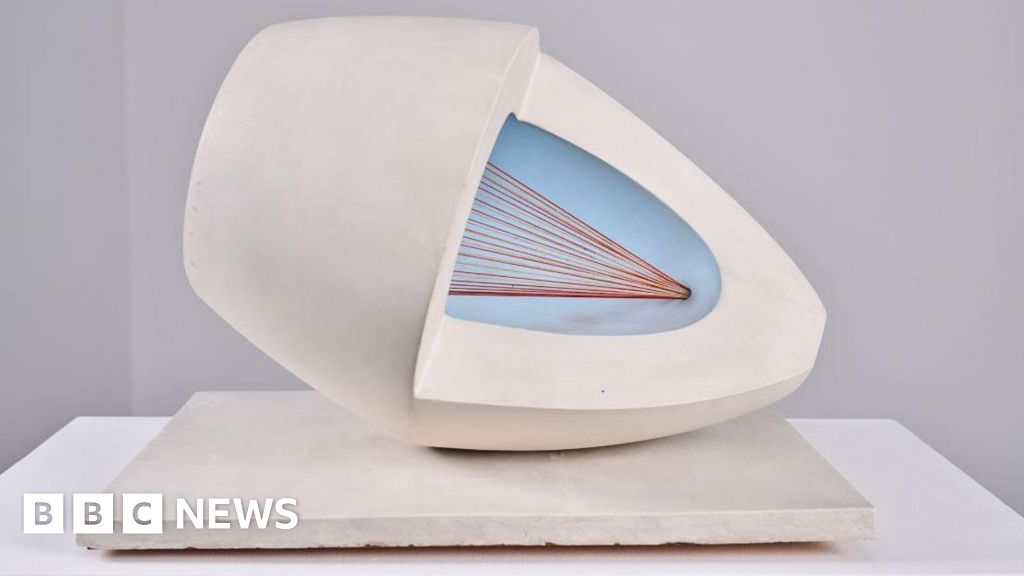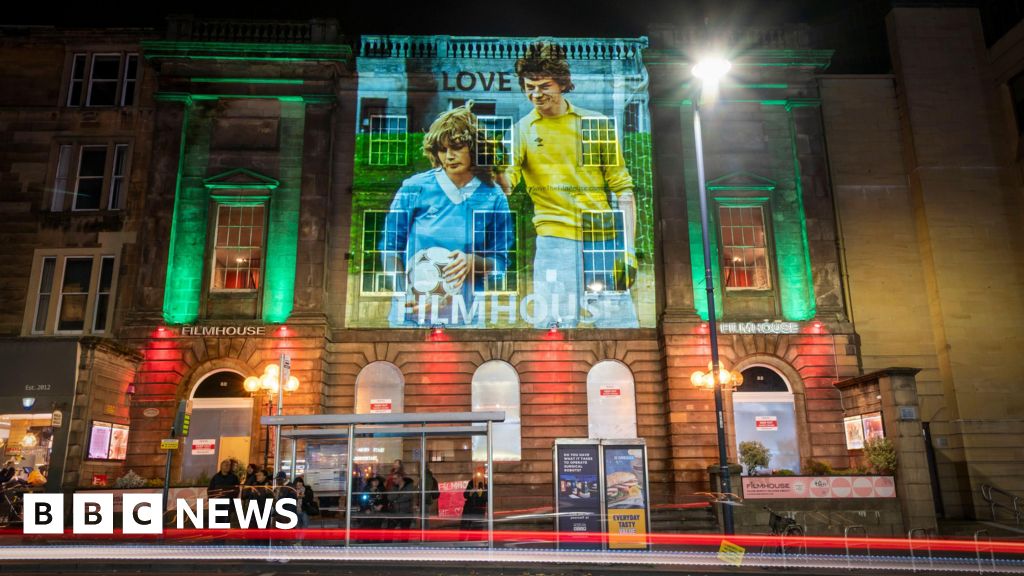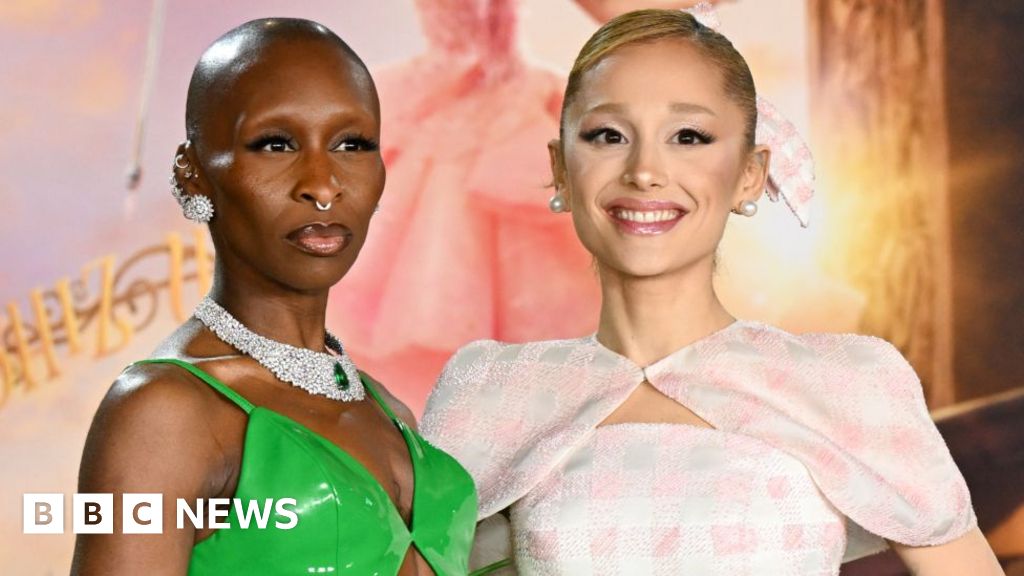ARTICLE AD BOX
Image source, Jasleen Kaur
Image caption, The installations have been placed in former mills and venues across East LancashireFormer cotton mills have been used to host the third British Textile Biennial festival.
East Lancashire - known for its textile industry - is the base for the festival, hosting several installations at mills and other venues in October.
It features projects by Turner Prize winner Lubaina Himid, designer Patrick Grant, and a collaboration with artist James Fox and actor Maxine Peake.
Artists were invited to use the spaces and respond to the trade processes.
Festival director Laurie Peake said: "The Biennial is about how textiles, particularly cotton, forge relationships across the world."
Image source, Lubiana Himid
Image caption, Turner Prize winner Lubaina Himid's work explores industrialisation, female labour, migration and globalisation"The festival just keeps growing... especially with our new major exhibition from Preston-based artist Ms Himid," she added.
Turner Prize winner Lubaina Himid presented her new work exploring industrialisation, female labour and migration at Gawthorpe Hall in Burnley.
Image source, British Textile Biennial
Image caption, James Fox's work was inspired Lancashire's loombreaker riots in 1826Over at Helmshore Mill, an instillation created by James Fox looks at tensions between the industrialisation of cotton manufacturing and traditional cottage industry in the 19th century.
The tensions caused Lancashire's loombreaker riots in 1826.
He worked with actor Maxine Peake to create a film exploring the history of protest and punishment over two centuries.
Image source, James Fox
Image caption, Actor Maxine Peake features in a film looking at the history of protest and punishment within the industryArtist Raisa Kabir was inspired by Indian fabric sample books from 1866 to produce woven pattern designs which relate to belonging in East Lancashire.
Her work is on show at Queen Street Mill in Burnley.
Image source, Richard Tymon
Image caption, Artist Raisa Kabir was inspired by Indian fabric sample books from 1866Meanwhile, designer Patrick Grant is to create the first pair of commercial home-grown and homespun jeans live in Blackburn on 16 October.
The jeans are made from flax and woad planted on unused ground along the Leeds and Liverpool Canal.
Image source, Bea Davidson
Image caption, Designer Patrick Grant will create a pair of home-grown and homespun jeans live during the festivalBritish Textile Biennial 2021 runs from 1 October until 31 October.
Why not follow BBC North West on Facebook, Twitter and Instagram? You can also send story ideas to northwest.newsonline@bbc.co.uk

 3 years ago
81
3 years ago
81








 English (US) ·
English (US) ·